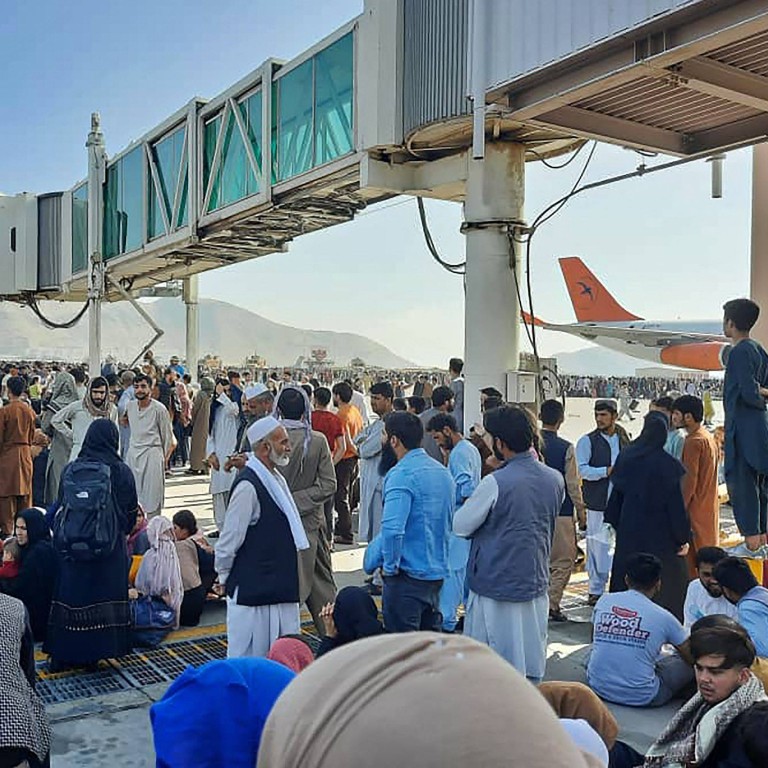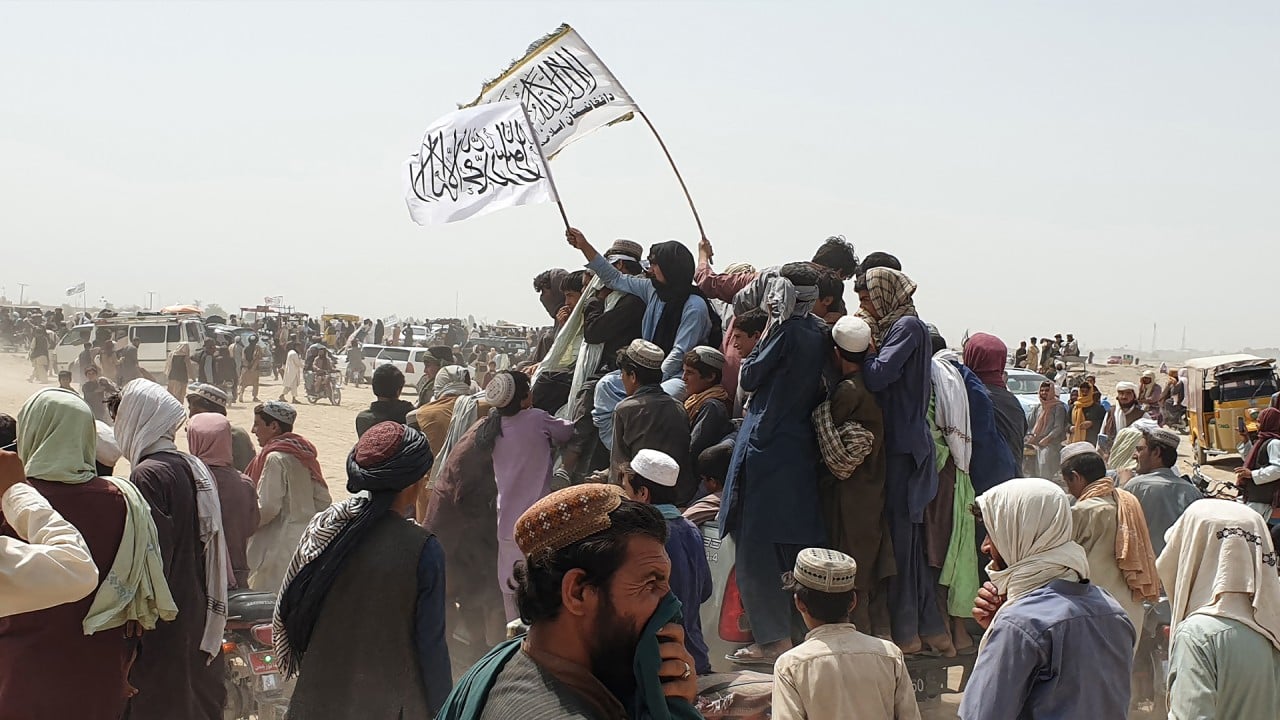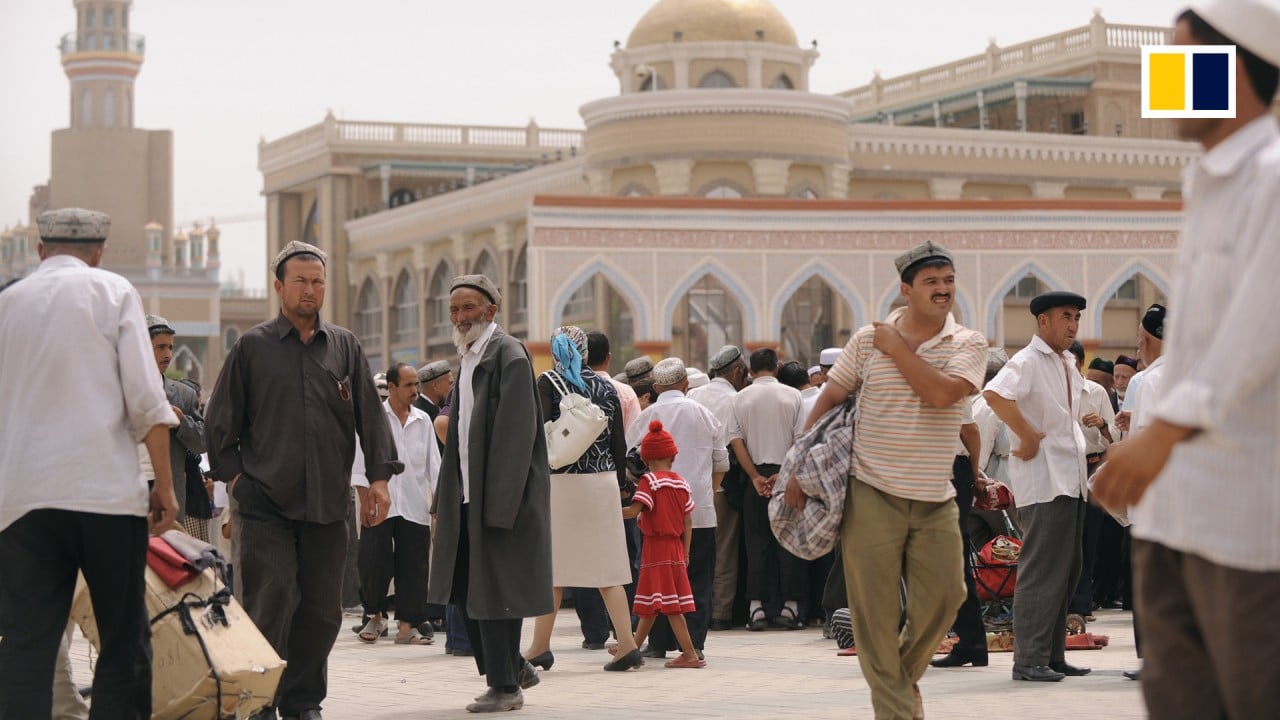
How the Taliban’s victory in Afghanistan raises the terrorism threat across South Asia
- Reports show the Taliban are sheltering al-Qaeda affiliates and commanders, with a real danger of a swell in terrorist activity beyond the country
- Surging radicalisation and space for Pan-Islamic terror groups stretching across the region could also threaten China
The re-emergence of the Taliban could once again create a grave security threat for Afghanistan, which would affect neighbouring countries and many parts of South Asia.
With Taliban military advances, conflict cannot be contained. Several reports show the Taliban have been sheltering affiliates and commanders of al-Qaeda, leading to a real danger of a swell in terrorist activity beyond Afghanistan.
The return of Taliban rule is a headache for South Asia, given the threat of surging radicalisation and renewed space for Pan-Islamic terror groups in the region.
Pakistan now fears a resurgence of the TTP, a group that has been blamed for thousands of civilian deaths in the country since the US invasion of Afghanistan in 2001. The surge of Taliban-affiliated groups is also a concern to non-Pashtun ethnic communities who live in areas along the Pakistan-Afghanistan border.
Intertribal conflicts on the Pakistan side may break out. People living in Balochistan in the southwest could again find themselves deprived of their agricultural lands and forced to leave the country.
New Delhi, meanwhile, is seeking to get its nationals and diplomats out of Afghanistan as quickly as possible, mindful also of the potential for the rise of Taliban leaders to aggravate the terrorist threat in India.
Terrorist organisations like al-Qaeda and Isis have become bolder in their relations with local Bangladeshi groups, including Jund al-Tawheed Khalifa, AQIS, Harkat-ul-Jihad-al-Islami, and Jumatul Mujahedeen Bangladesh. The Taliban surge could help these organisations create chaos in the country.
Hundreds of thousands have been displaced in Afghanistan, and these people could now surge into other South Asian nations as refugees. Another refugee emergency could destabilise the region and beyond as people flee the imposition of the Taliban’s justice, and the overturning of Afghanistan’s democratic system.
The international community must come together to avert this disaster. All countries should support the United Nations’ demand for an immediate ceasefire. Afghanistan must be pulled from this disaster, and that will only be possible if all nations are on board.
Brabim Karki is an author and businessman based in Nepal




